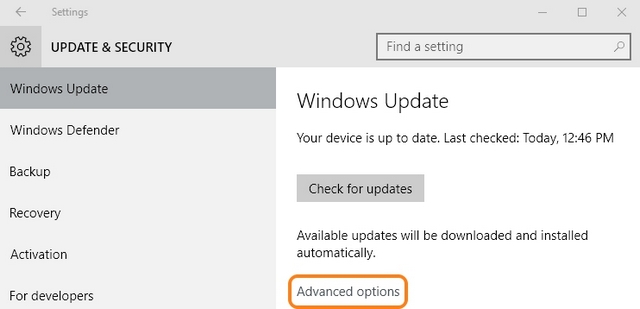
It became apparent none of these services were contributing to the high CPU cycles.

I tried a few times while ending the following services: Device Setup Manager, Computer Browser, Windows Update none of it made any difference. Unfortunately, Geolocation restarted again. Surprisingly, it worked, and the CPU fan stops revving up. This was a trial and error I noticed Geolocation Service was running, so I decided to disable it first. Expanding the System Host Process tree reveals quite some services running in the background.

Below, I noticed the System Host Process regularly accessed CPU cycles at 30%, sometimes going as high as 36%.

Click the CPU column to sort applications and processes by CPU cycles. Disable Processes Causing CPU Fan to Remain Constantįirst, launch Task Manager, press Windows key + X > Task Manager, then click the Processes tab.


 0 kommentar(er)
0 kommentar(er)
